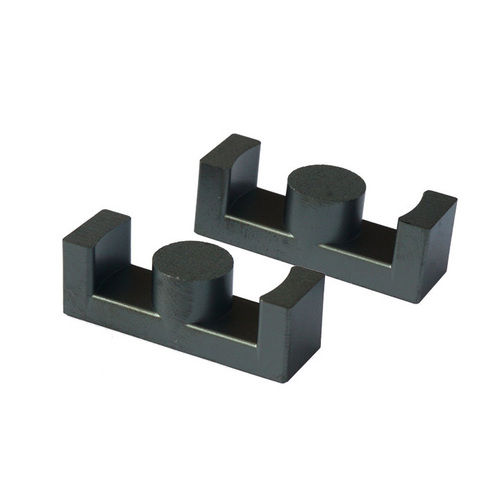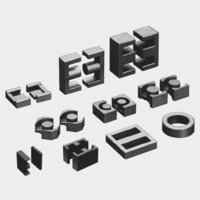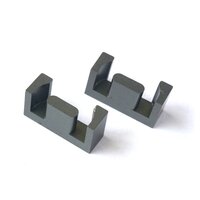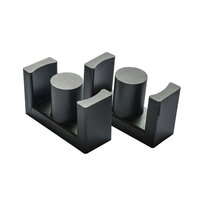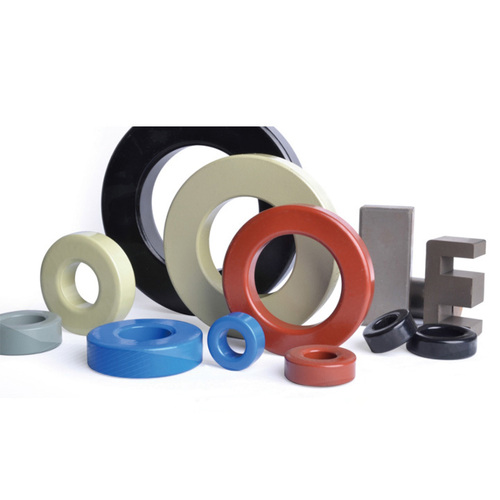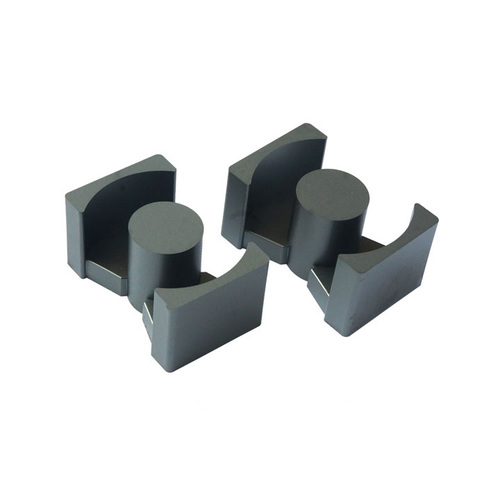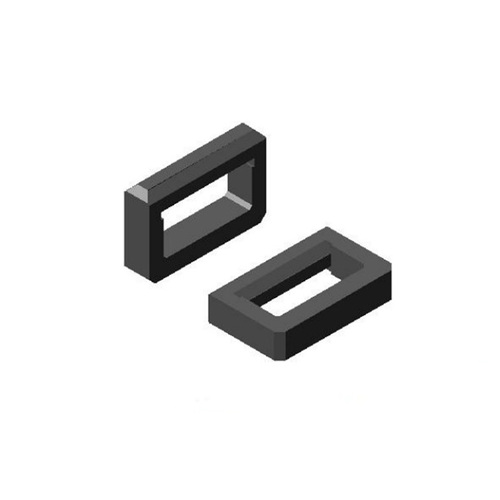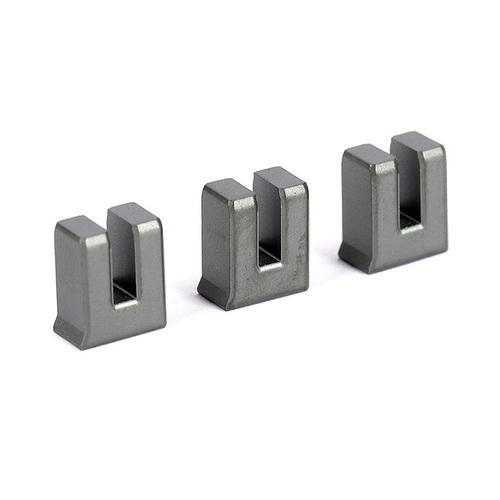Permanent Magnetic Core E Shape Ferrite Core Magnet
Product Details:
- Application transformers,inductors,sensors,solenoids,chokes
- Product Type Magnets
- Magnet Category Permanent Magnets
- Magnet Type Ferrite Magnet
- Shape Customized
- Color Black
- Click to View more
Permanent Magnetic Core E Shape Ferrite Core Magnet Price And Quantity
- 1000 Piece
- 15 INR/Piece
Permanent Magnetic Core E Shape Ferrite Core Magnet Product Specifications
- Ferrite Magnet
- Customized
- Permanent Magnets
- Magnets
- Black
- transformers,inductors,sensors,solenoids,chokes
Permanent Magnetic Core E Shape Ferrite Core Magnet Trade Information
- Shenzhen/Shanghai/Ningbo/Qingdao
- Letter of Credit at Sight (Sight L/C) Paypal Cash in Advance (CID) Telegraphic Transfer (T/T) Western Union
- 500000 Piece Per Month
- Yes
- Contact us for information regarding our sample policy
- box/wooden box
- Asia
- All India
- ISO9001, IATF16949:2016
Product Description
Understanding Magnetic Cores
Magnetic cores are essential components in many electromagnetic devices, as they serve to guide and amplify magnetic fields. By containing and directing the magnetic flux, cores reduce energy losses and improve the performance of devices such as transformers and inductors. The efficiency of a magnetic core is determined by its material, which directly affects its magnetic properties, such as permeability, coercivity, and saturation.
A magnetic core amplifies a magnetic field by providing a low reluctance path for the magnetic flux, concentrating it within the core material. The degree of amplification depends on the core's magnetic properties, primarily its permeability, which is a measure of the material's ability to allow magnetic field lines to pass through it.
Permeability () is expressed relative to the permeability of free space (), which is approximately 4*10(-7) T.m/A. The relative permeability (_r) of a material is a dimensionless value that indicates how easily a material can be magnetized compared to free space. The product of and _r gives the absolute permeability () of the material.
= 0 * _r
The amplification factor of a magnetic core is determined by its relative permeability (_r). For example, if the relative permeability of a magnetic core is 1000, it means that the magnetic field inside the core is 1000 times stronger than it would be in free space.

Price:
- 50
- 100
- 200
- 250
- 500
- 1000+

